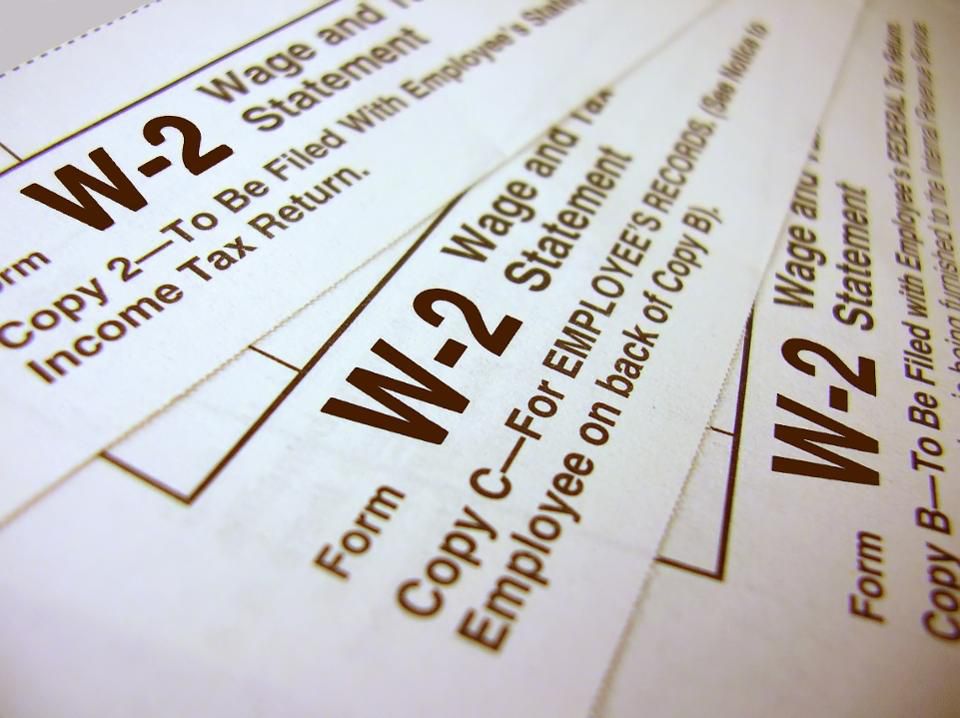Bill Shields State’s Remote Workers from Double Taxation

A key legislative committee heard testimony this week on a bill designed to shield the more than 100,000 Connecticut residents who formerly commuted to an out-of-state job from double taxation.
SB 873, currently under review by the Finance, Revenue, and Bonding Committee, could save Connecticut residents who work in other states and pay income taxes to those states as much as $500 million annually.
Section 1 of the bill provides some clarity on state income tax liability for those residents employed in other states who are working remotely rather than commuting because of the pandemic.
Formerly, Connecticut residents working in Massachusetts, New York, or elsewhere paid income taxes in the state of their employer.
This is commonly referred to as the “convenience of the employer” rule. These workers then receive credit for this out-of-state liability against any corresponding liability in their home state of Connecticut.
The wide-scale adoption of telecommuting policies resulted in a significant shift in commuting behavior and some uncertainty regarding the convenience rule.
Clarity
For example, if an employee is no longer crossing state lines to perform their job, are they still required to pay their income tax to the neighboring state?
This and other related questions are already the subject of a pending legal action in the U.S. Supreme Court.
SB 873 will provide some clarity in the near term for employers and employees.
SB 873 will provide some clarity in the near term for employers and employees.
Under this bill, employees can pay taxes in the state where they normally would work.
If the employee formerly commuted across state lines, they remain eligible for a corresponding credit against their Connecticut income tax liability—at least for the 2020 tax year.
Credit
Some tax professionals are concerned that the bill’s language does not state clearly enough that this treatment of commuters turned remote workers should be limited to one year.
CBIA and others will work with the committee to ensure this is a temporary policy meant to shield Connecticut residents from being twice taxed on their income during the pandemic.
Residents who telecommute during the 2021 tax year should only be subject to income taxes in Connecticut.
Residents who telecommute during the 2021 tax year should only be subject to income taxes in Connecticut, not the state of their employer.
Should wide-scale telecommuting continue, it could result in hundreds of millions of dollars in new revenue for the state each year.
For more information, contact CBIA’s Eric Gjede (860.244.1931) | @egjede
RELATED
EXPLORE BY CATEGORY
Stay Connected with CBIA News Digests
The latest news and information delivered directly to your inbox.


